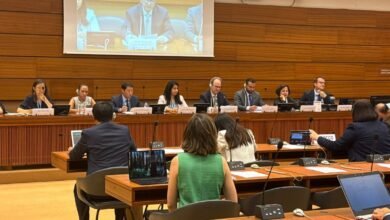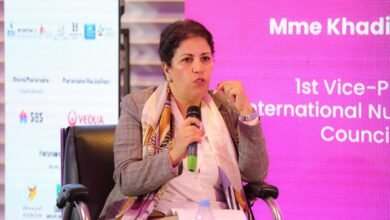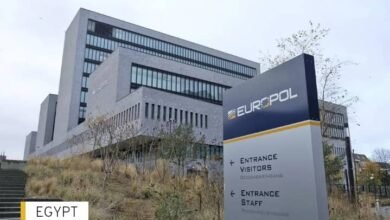Morocco Urges Rights-Driven Investment: ‘Corporate Social Responsibility Is a Shared Obligation’
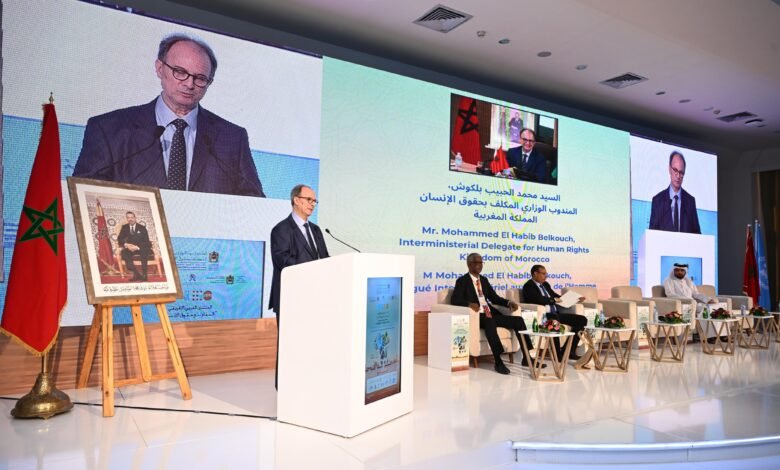
“The social responsibility of investors is inseparable from that of enterprises, as it is both their condition and their means,” affirmed Mr. Habib Belkouch, the Interministerial Delegate for Human Rights of the Kingdom of Morocco, during the opening of the Arab‑African Forum on Business and Human Rights held today in Marrakech.
Mr. Belkouch addressed ministers, ambassadors, representatives of national human rights institutions, UN agencies, government bodies, private sector leaders, and civil society organizations, emphasizing that this forum reflects a shared Arab‑African commitment to aligning economic development with human dignity and sustainability.
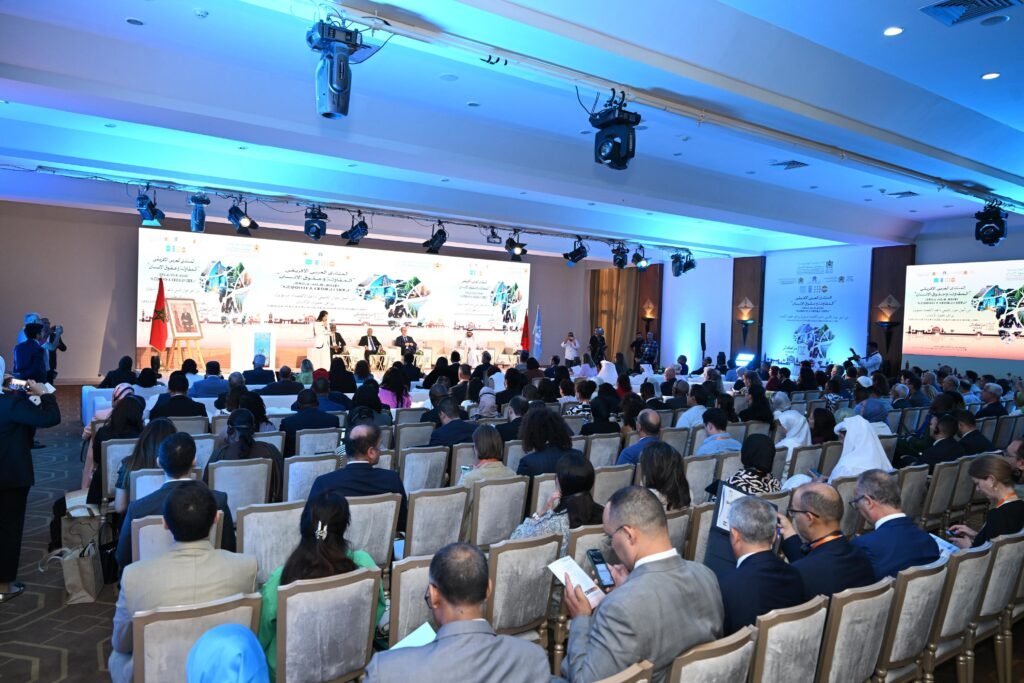
Quoting His Majesty King Mohammed VI’s 2005 message to the “Investment Synergies” forum, Mr. Belkouch recalled the Royal vision of an investment culture that merges legitimate profit with equally legitimate social and environmental responsibility.
He underlined that since the early 2000s, the issue of business and human rights has become central to the international human rights agenda, especially in light of the increasing influence of businesses in shaping labor conditions, environmental impact, and equitable development. He cited the 2011 UN Guiding Principles on Business and Human Rights as a landmark framework and referenced ongoing negotiations for a legally binding international treaty in the field.
At the regional level, Mr. Belkouch noted the positive momentum in both Africa and the Arab world, including the African Union’s draft policy framework, the 2017 regional parliamentary conference in Morocco, the African Business and Human Rights Forum launched in 2022, and the 2024 Arab Dialogue held in Qatar.
He stressed that these initiatives should converge toward the development of national action plans rooted in human rights principles, encouraging enterprises to conduct due diligence, evaluate the societal impact of their operations, build institutional capacity, and promote responsible investment strategies.
Forum sessions focus on strategic policy integration, the human rights dimensions of international investment agreements, and urgent issues such as social dialogue, gender equality, the fight against forced and child labor, territorial and social disparities, and balancing sustainability with competitiveness.
Mr. Belkouch also praised the positive practices already adopted by Moroccan public institutions and businesses, highlighting examples of corporate citizenship and social responsibility that he encouraged other Arab and African nations to consider and adapt.
In addition to his plenary address, Mr. Belkouch held a series of bilateral meetings on the sidelines of the Forum with senior Arab and African officials. He met with Mr. Sultan bin Hassan Al Jamali, Secretary-General of the Arab Network of National Human Rights Institutions; a delegation from the National Human Rights Committee of the State of Qatar; and Ms. Maryam Abdullah Al-Attiyah, Acting Director of the Human Rights Directorate at Qatar’s Ministry of Foreign Affairs, responsible for coordination with UN mechanisms. He also conferred with Mr. Mohamed Lemine Ould Dadde, Acting High Commissioner for Human Rights in Mauritania; Mr. Gebeyehu Ayele, High Commissioner for Civil and Political Rights of the Federal Democratic Republic of Ethiopia; and a representative of the UN Working Group on Business and Human Rights. Further discussions took place with Mr. Abdelbasset Ben Hassen, President of the Arab Institute for Human Rights, and Ms. Hannah Forster, President of the African Centre for Democracy and Human Rights Studies, based in Banjul, The Gambia. These meetings emphasized the importance of continued cooperation on integrating human rights into economic governance, with several institutions expressing interest in closer collaboration with the Interministerial Delegation and in drawing from Morocco’s institutional reforms and experience in multilateral human rights engagement.


